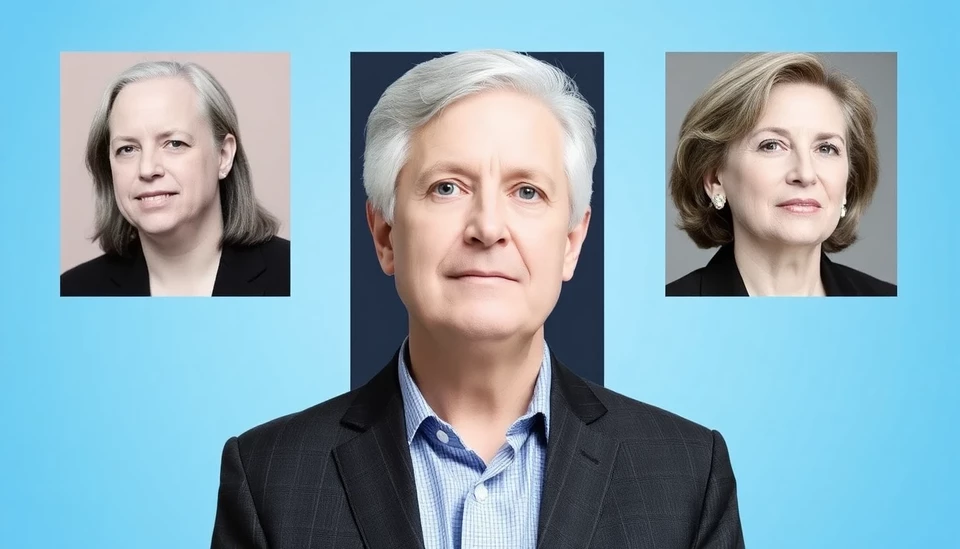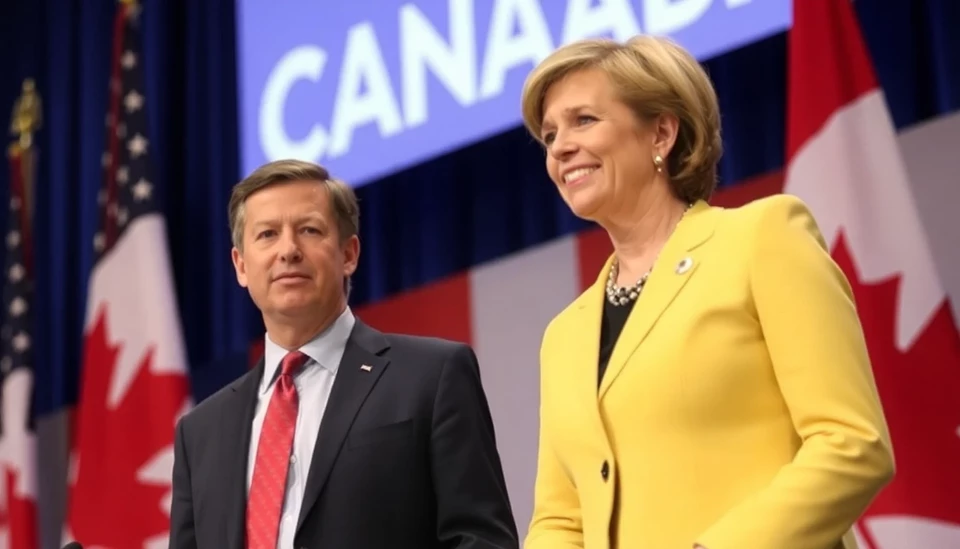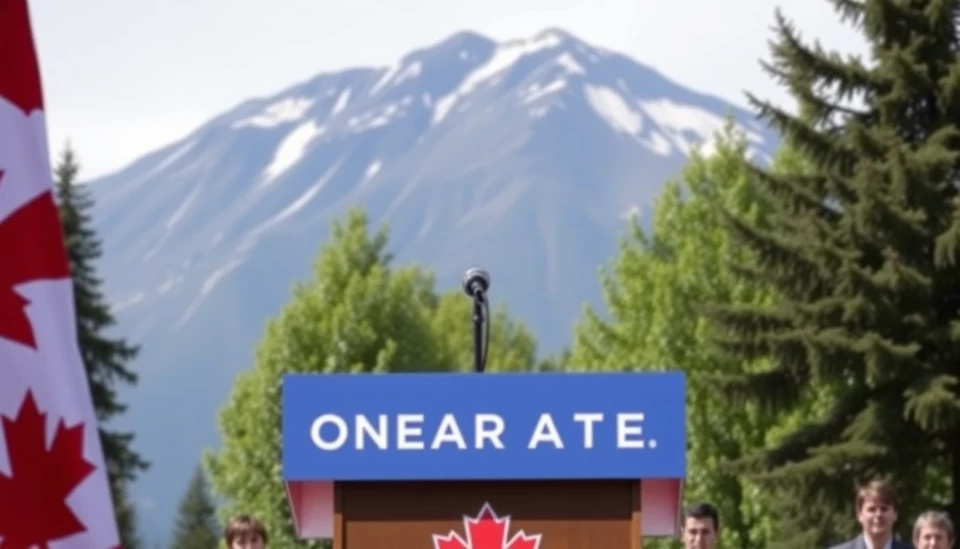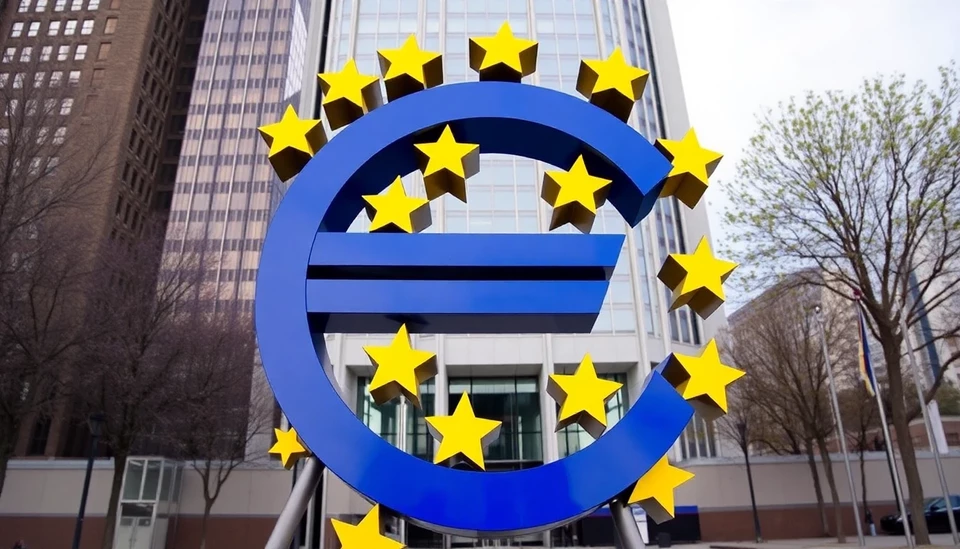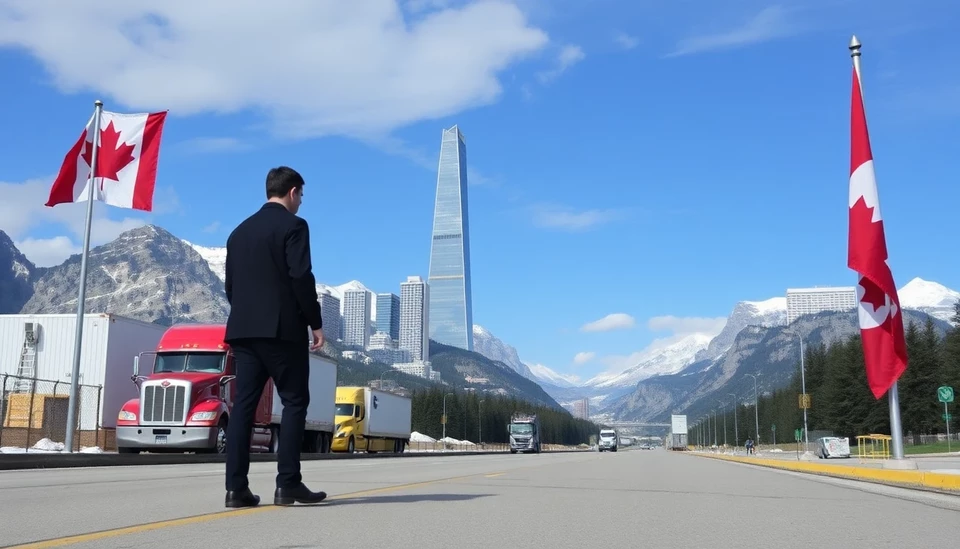
In a significant and unprecedented action, the Canadian government has categorized drug cartels as terrorist organizations in an effort to preemptively counteract potential tariffs that could be imposed by former President Donald Trump. This decision comes in the wake of the former president's repeated threats to penalize Canada economically, specifically targeting their trade practices and relations with other nations.
Prime Minister Justin Trudeau's administration has faced mounting pressure to bolster national security and economic stability, particularly as Canada continues to navigate a complex relationship with the United States. By labeling cartels as terrorists, the Canadian government not only aims to crack down on drug-related violence and crime within its borders but also to strengthen its position in negotiations with U.S. authorities.
The implications of this decision are manifold. By elevating the status of cartels to that of designated terrorist groups, Canada may secure additional federal resources for law enforcement agencies struggling with the escalating drug crisis. This designation could facilitate a more aggressive approach to combating organized crime, enabling police forces to share intelligence and coordinate operations with international counterparts more effectively.
Moreover, this strategic move serves to highlight Canada's commitment to combatting illicit activities that threaten public safety and undermine legal commerce. By portraying the fight against cartels as a vital national security issue, Canada hopes to dissuade the U.S. from enacting punitive tariffs that could strain bilateral trade relations. Historically, tariffs imposed by the U.S. have led to significant disadvantages for Canadian industries, often resulting in lost jobs and economic unrest.
Former President Trump’s administration had previously threatened to impose tariffs on a range of Canadian goods, asserting that such measures would protect American industries against unfair competition. By taking this proactive stance against cartels, Canada aims to demonstrate its resolve and tighten its socio-economic framework against influential criminal organizations while simultaneously appealing to U.S. lawmakers concerned about border security and drug trafficking.
Political analysts argue that this labeling could also help Canada solidify alliances with other nations affected by similar drug-trafficking issues, potentially leading to more robust international collaboration. Countries like Mexico, which has been battling powerful drug cartels for decades, may find common ground with Canada, fostering a united front against narcotics trafficking and violence.
Opposition members within Canada's Parliament have questioned whether this move is a truly effective strategy or merely a symbolic gesture. Critics argue that labeling cartels as terrorists may not address the underlying issues contributing to drug trafficking and violence. However, proponents insist that this declaration is necessary to elevate the response to organized crime in Canada and beyond.
As the situation evolves, it remains crucial for both Canadian and American leaders to engage in constructive dialogue that addresses concerns on either side. By recognizing the complexity of these issues, both nations can work toward mutual solutions that bolster trade and security while mitigating the threats posed by cartel activity.
As the Canadian government navigates this precarious landscape, economic analysts will be watching closely to gauge the impact of these new policies on Canada's trade relations and domestic stability. The world is indeed observing how this bold move will reshape Canada’s approach to crime, international relations, and economic policy moving forward.
With eyes on both sides of the border, the outcome of this unprecedented designation of cartels as terrorists could set a precedent for how neighboring countries deal with the dual challenges of drug crime and protectionist economic policies.
#Canada #Cartels #Terrorism #TrumpTariffs #TradePolicy #NationalSecurity #DrugCrisis #BilateralRelations #OrganizedCrime
Author: Daniel Foster
